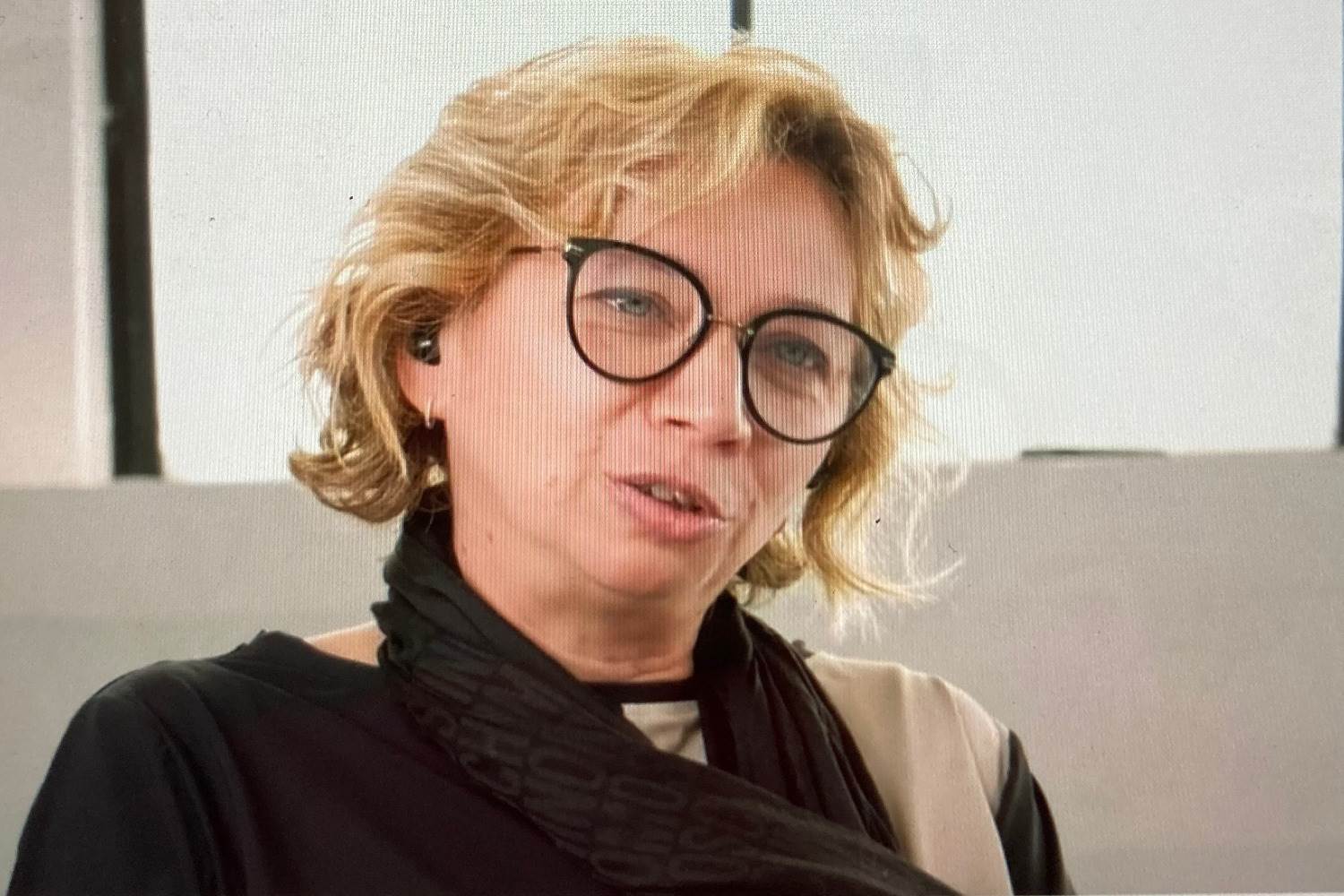Traceability is the next frontier: Webinar explores blockchain for fashion

“Sustainability and traceability are becoming increasingly interconnected – they are two sides of the same coin,” he added. “To have any credible claim you need to have a traceable supply chain. It is the next big frontier towards sustainability, and it will bring a lot of positive change.”
Genuine Way is a Swiss software company that aims to create a simple message for consumers, “because unless you present a solution that’s easy for consumers to understand and affordable for the brands it won’t get implemented,” said Mr della Gherardesca.
The system stores documentation such as certifications, receipts and lab tests and registers them on public blockchain. He explained that as blockchain is so new, the benefits are not widely understood. “The main problem is communication and translating what we do in a language which is understandable. But we see a far higher level of understanding in the fashion industry than in other industries we work in, such food and cosmetics.”
Carrera is launching its first blockchain-compliant range in January 2021 after its supply chain and processes were mapped with the help of EZ Lab in Padua.
Carrera was launched in 1965 and was one of Europe’s largest denim makers, but moved production to Tajikistan at the end of the 1980s to be closer to the cotton supply. It now operates a vertical operation, with spinning, weaving and finished products, employing 2,000 women.
“Our organisation was perfect for blockchain as everything is integrated in one unit, “ said Mr Taccella. “We did a small survey in October that revealed 95% of people don’t know what blockchain is but that 70% are interested in transparency, so we are confident in the future it will have a positive impact.”
It is important that consumers know a company operates in a sustainable manner, he added, and this includes how workers are treated. “We hand-pick the cotton, so we can employ more people, and don’t use harmful pesticides. To be sustainable is not just a marketing message, it’s to be a positive partner in the country you operate in it, and the blockchain will help us tell that story.”
The proof will be in consumers’ mindsets, and it has engaged the University of Verona to conduct a two-year study to help evaluate the process. “Sustainability brings quality and the credibility of the product which is passed through generations,” said Mr Tacchella. “I am also glad we are not alone in the blockchain project; that there are other companies that believe in it.”










